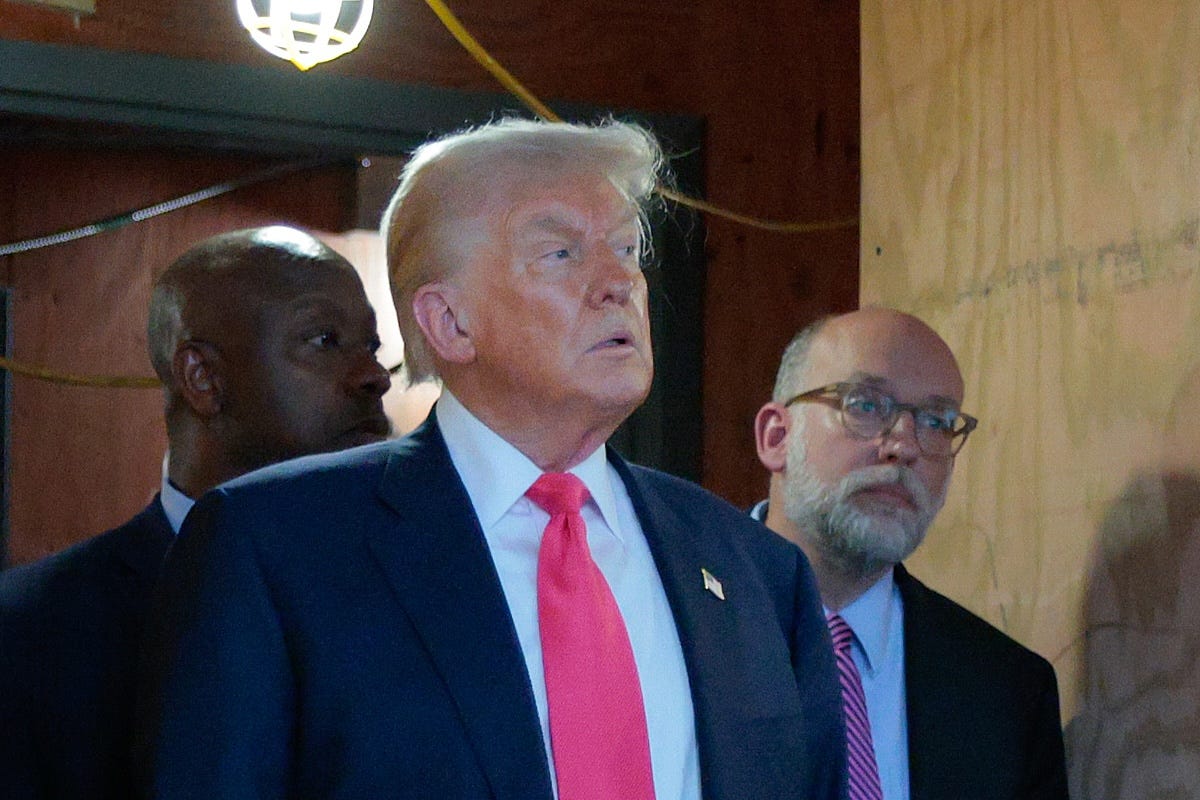Are We Headed Inexorably Toward A Blue-State Tax Strike?
Inside the mailbag: Dick Cheney ... Ivanka Trump ... Sam Alito — YUCK!
Jonathan Rabinowitz: What would you add today to your Dick Cheney obit from 2012, courtesy [of] Talking Points Memo?
The main thing that comes to mind is: cleaner copy! Though in my defense this was a rough draft, written hastily, because we thought Cheney might die within hours or days of his heart transplant.
More substantively, I’d add a couple things—one of them consistent with the critique drawn in the obituary itself, one of them more redemptive. But they overlap.
Writing today, I’d note that the abuses, excesses, and jingoistic manipulations that marked Cheney’s vice presidency helped deliver the country and the world into Trumpist authoritarianism, on a lag. The global war on terrorism and the seizure of executive power aren’t the only, or even the main things driving reactionary politics around the world (that would be social media and smartphones), but they contributed—and, in the U.S. at least, they left the state vulnerable to authoritarian breakthrough.
The redemptive bit is that, whether or not Cheney recognized he’s a forbearer to all of this, he, more than any of his Bush administration contemporaries, recognized that somehow a monster had been created, and tried in earnest to stop it. We can gainsay this if we want to be cynical—perhaps he only stepped up because the monsters came for his daughter, just as he only broke ranks with George W. Bush over same-sex marriage because his other daughter is gay. But I’ll happily take a Republican who conveniently discovers empathy and good judgment once his ideology hits home over a Republican who gazes upon his works and rejoices.
Jo: So many people believe that the only thing most democrats stand for is ‘trump bad’ and dislike the party for being too ‘weak’.
In reality, dems have a fairly vast policy platform that would help a large majority of the population if enacted so my question is, how do they get their policy message out to those people who either don’t know or claim it doesn’t exist?
Also, how do they convince more Americans that empathy isn’t a weakness, that working towards lifting up and helping as many as they possibly can should be a priority?
Early in my career, a mentor told me and a few of my peers, “it’s not what you [meaning politicians] say about your policies, it’s what your policies say about you.”
This still strikes me as wise and largely correct almost 20 years later, but laden with a novel challenge: The informational one—making sure the perceptions you want to create aren’t badly at odds with prevailing misperceptions or caricatures.
So what does this all mean in practice?


